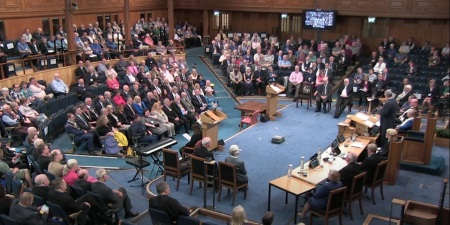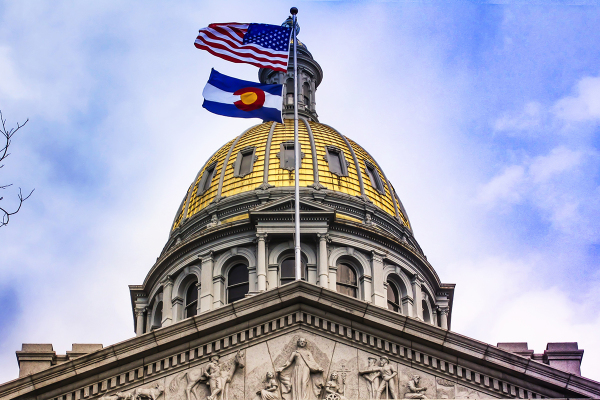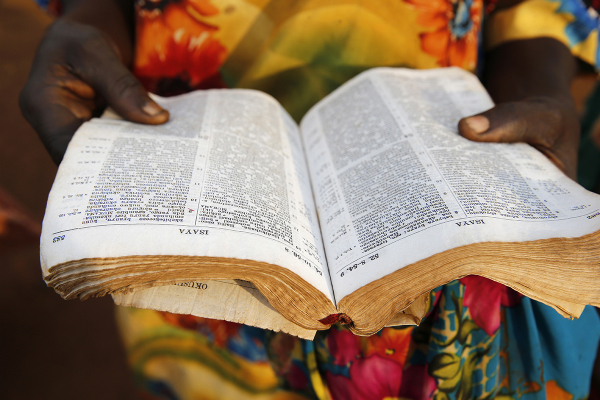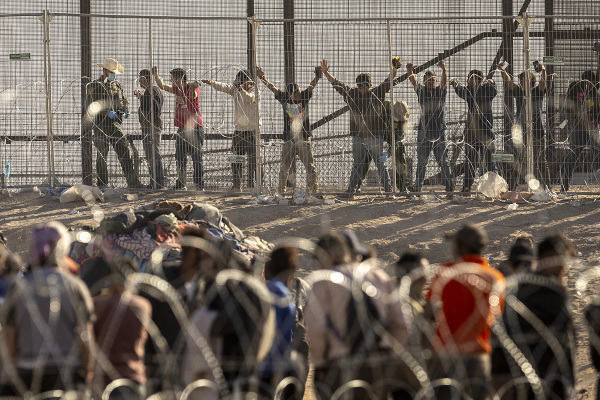Church of Scotland wants religious freedom protected in conversion therapy ban

The Church of Scotland has expressed openness to a national ban on sexual orientation change efforts therapy, referred to by critics as conversion therapy, provided that such a ban can't be misused to prosecute the actions of churches and pastors.
The Scottish government is set to introduce a bill in Parliament aimed at banning the therapy for people with unwanted same-sex attractions.
A document prepared Monday on behalf of the national church's Public Life and Social Justice Programme at the request of the Scottish government outlined the denomination's stance.
The document asked if the church supports the lawmakers' approach to "defining conversion practices which focuses on behaviour motivated by the intention to change or suppress a person's sexual orientation or gender identity?" In response, the denomination marked "don't know."
Church of Scotland leadership stated, "We take a broadly supportive position with regard to the proposals outlined in the consultation to tackle coercive practices aimed at changing or suppressing a person's identity."
However, the document stated that the church is "not in a position to offer unqualified support," noting that "there is a spectrum and diversity of views within the Church of Scotland on this issue."
One example of concern mentioned in the document was whenever a counselor would encourage someone with same-sex attraction to practice celibacy instead of attempting to change them.
"Whilst a prayer urging celibacy would come under the definition of suppression … there is an additional factor at play within a Christian context whereby celibacy outside of a traditional marriage is a commonly held practice, and for some an important manifestation of their faith," stated the document.
"It would be extremely helpful for the Church to have such examples considered in relation to the proposed legislation. This is not only for the sake of clarity but for our safeguarding services to design relevant guidelines to ensure expression of belief and fellowship within that belief does not become coercive."
The document commended the "high bar" set for proving guilt in the proposed legislation, believing that it "helps to assuage the fear that" the proposed ban will "curtail freedom of speech or independent thought."
"Our democratic society depends on — and legal history celebrates — the right to express controversial opinions; for there to be a diversity of free discussion; and for there not to be a 'state mandated' lines of acceptable speech and conduct, other than in the most extreme cases involving threats to life," continued the document.
Emma Jackson of the Public Life and Social Justice Programme said in a statement on Monday that the denomination's stance was inspired by extensive internal conversations and speaking to "survivors of conversion practices."
"We are all created in God's image, and we all have inherent dignity. We must do all we can in our public witness to respect and affirm this high principle," Jackson stated.
In January, the Scottish government announced a consultation on the question of banning conversion therapy, with the belief being that preexisting laws against conversion practices needed to be strengthened.
"Scots law already addresses a range of harmful behavior often associated with conversion practices, including situations involving physical violence or threatening conduct," stated Emma Roddick, minister for Equalities, Migration and Refugees, as quoted in the consultation document.
"There is, however, a significant gap in our law — which can allow forms of conversion practices to fall through the cracks. … From our knowledge of conversion practices through expert advice, data gathering, and analysis, it is clear that limiting legislative action to sexual orientation does not go far enough. Conversion practices relating to gender identity are equally damaging."
Danny Webster, director of advocacy at the Evangelical Alliance of Scotland, expressed concern that the new proposal might criminalize "churches or organizations for teaching biblical sexual ethics and pastoring people as they seek to live by them."
"There is a very real risk that parliament could vote in the coming weeks in support of a law which under the guise of banning abusive behaviour would criminalise the ordinary, everyday, activity of churches," wrote Webster in late February.
"There is no need for the activity to have caused injury or distress for it to be deemed illegal. There is no defence if it is an activity or support a person desires or chooses. There is no need for someone to have even engaged in any activity — in fact the provision of material, whether that's a book, an article or a video, which is judged to be encouraging someone to resist same-sex sexual activity, is likely to be enough for an offence to be committed."
Webster believes that "church discipleship, pastoral care and prayer ministry is under threat of prosecution when matters of same-sex sexual attraction or gender identity are at hand."
"Not only would these proposals severely limit the support available to Christians who seek support to live biblically faithful lives, or to anyone seeking to not engage in same-sex sexual activity, but they would also be a hammer blow to religious freedom in the UK," he continued.
"Please pray for our politicians over the coming weeks as they consider these proposals. Pray that MPs will understand the risk that poorly designed laws could severely restrict the work of churches and Christian ministries."
Scotland's Catholic Church has expressed concern.
“While the Church supports legislation which protects people from physical and verbal abuse, a fundamental pillar of any free society is that the state recognizes and respects the right of religious bodies and organizations to be free to teach the fulness of their beliefs and to support, through prayer, counsel and other pastoral means, their members who wish to live in accordance with those beliefs,” a Catholic Church representative told Crux.






















